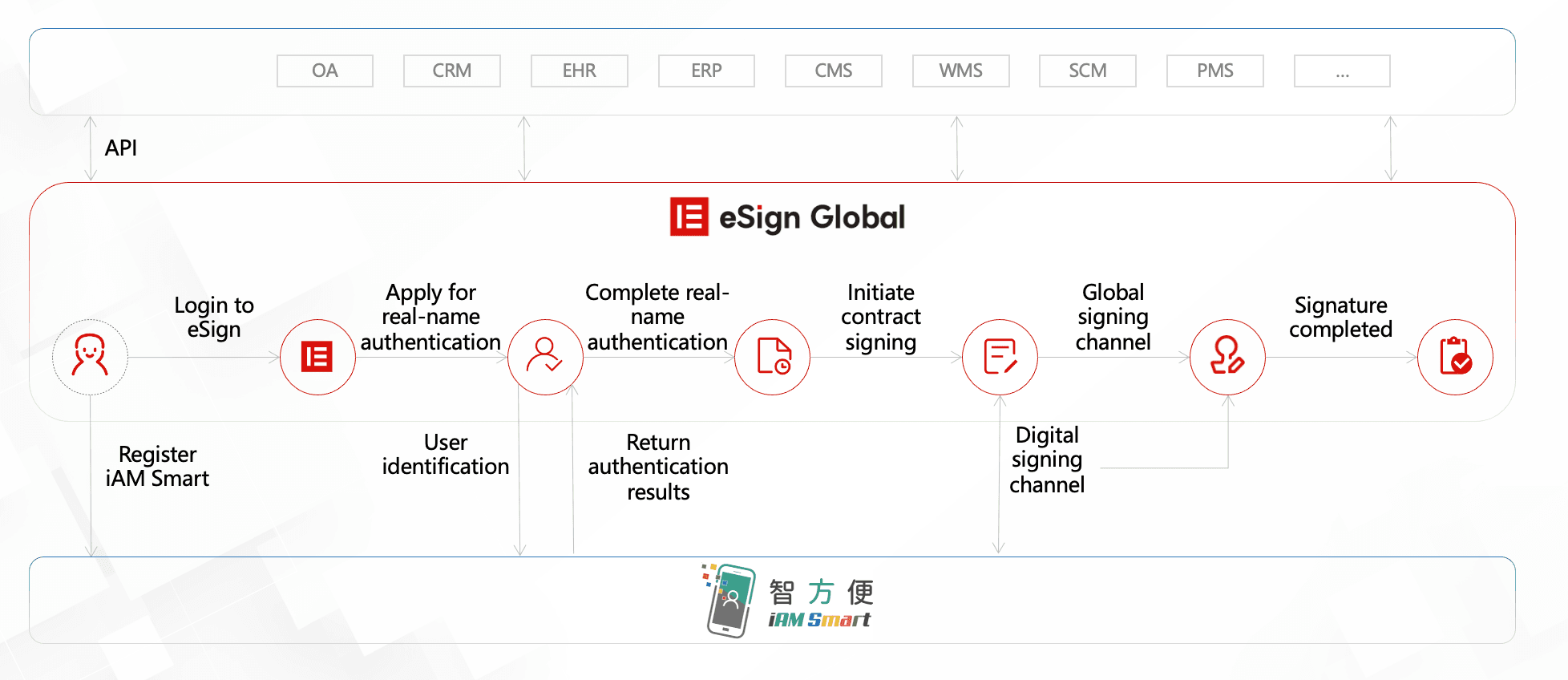How much does it cost to get a DSC?





How Much Does It Cost to Get a DSC?
In today’s increasingly digital world, Digital Signature Certificates (DSCs) have become an integral part of secure online documentation. Whether it’s for filing taxes in India, submitting ROC (Registrar of Companies) forms with the Ministry of Corporate Affairs, or ensuring document authenticity in other jurisdictions, a DSC ensures both data integrity and identity verification. But if you’re new to the process, one of the most frequently asked questions is: “How much does it cost to get a DSC?”
This article explores the cost structure of obtaining a DSC, factors influencing pricing, and local regulatory terms that directly affect costs, especially across regions such as Hong Kong, Singapore, India, and Southeast Asia.

What is a DSC?
A Digital Signature Certificate is an electronic form of a signature that can be used to authenticate the identity of the sender of a digital message or the signer of a document. DSCs are issued by Certifying Authorities (CAs), who have been granted authority by the government in each jurisdiction.
In India, for instance, the Information Technology Act, 2000 legitimizes the use of digital signatures. Certificates are issued by agencies licensed by the Controller of Certifying Authorities (CCA). Similarly, countries like Singapore have their own licensing authorities under the Electronic Transactions Act.
Types of Digital Signature Certificates
Before discussing the costs, it’s important to understand the three main types of DSCs, as they impact pricing:
-
Class 1 Certificate
Used primarily for individual users and email verification. It has minimal legal standing in court or regulatory matters. -
Class 2 Certificate (Now discontinued in India as of Jan 1, 2021)*
Earlier used for e-filing with ROC, IT Returns, etc. Now replaced with Class 3 under India’s new e-authentication rules. -
Class 3 Certificate
Required for high-security transactions such as participation in e-tenders, e-bidding, and e-auctions. This is the most widely used type today. -
Document Signer Certificate (DSC for bulk document signing)
Used within enterprises for automated, high-volume document signing.
*Note: As per the latest guidelines by CCA India, Class 2 certificates have been discontinued to promote a unified digital signature framework.
Cost Structure of DSC in Popular Jurisdictions
The price of obtaining a DSC varies depending on:
- Type of certificate (individual use/corporate use/document signer)
- Validity period (1, 2, or 3 years)
- Mode of verification (Aadhaar OTP, video KYC, in-person)
- Vendor or provider selected
- Regulatory framework and local taxes
India
In India, a typical Class 3 DSC costs approximately:
- ₹500 to ₹1,000 for 1 year
- ₹1,200 to ₹1,500 for 2 years
- ₹1,800 to ₹2,000 for 3 years
These prices usually include the USB token (cryptographic key storage device), video verification (as mandated), and GST charges.
Under Indian regulations, all DSC providers must comply with Section 35 of the IT Act 2000 and follow standards published by the CCA, including KYC norms.
Singapore
In Singapore, DSCs used for corporate transactions must adhere to regulations under the Electronic Transactions Act, administered by the Infocomm Media Development Authority (IMDA).
Here, pricing is slightly higher due to enhanced encryption standards and local compliance requirements. Standard costs:
- SGD 80 to SGD 200 per year for corporate-class certificates
- Token devices may incur an extra fee of SGD 30 to SGD 50
Some providers offer enterprise-level bulk signing packages with volume-based discounts.

Hong Kong
In Hong Kong, Digital Certificates are governed by The Electronic Transactions Ordinance (Cap. 553). The Hongkong Post is an established recognized certification authority under local law.
Costs typically range as follows:
- HKD 100 to HKD 300 per year for personal DSCs
- HKD 600 to HKD 1,200 for organizational certificates
- Optional smart card issuance or software-based token adds up to HKD 200
Unlike some other regions, Hong Kong mandates cross-verification during issuance, which may affect issuance time and pricing slightly.
Additional Cost Considerations
Here are other cost factors potential DSC holders should consider:
-
USB Crypto Tokens – Required to store the DSC securely. Costs between $10 and $25 depending on jurisdiction and brand.
-
Renewal Fees – Renewing a DSC every 1-3 years may cost less than new issuance but still requires updated KYC and verification.
-
Video KYC and Online Identity Verification – Since 2021, jurisdictions like India mandate live video verification, the cost of which is often embedded within DSC pricing.
-
Bulk or Enterprise Discounts – Businesses that need multiple certificates may qualify for reduced rates under corporate plans.
-
Compliance Testing & Integration – Enterprises may need to validate whether the DSC can be integrated into ERP, SAP, or document signing platforms—these can add indirect costs.

Local Law and Regulatory Terminology
Complying with local digital signature laws is not just mandatory—it affects cost and usage. For those acquiring a DSC, it’s essential to be familiar with region-specific legal expressions often found in documentation:
- India: “As per Clause 1, Sub-Section 2 of Section 3 of the IT Act 2000…”
- Hong Kong: “In accordance with the Schedule of Recognized CAs under Cap. 553…”
- Singapore: “Under Section 8 of the ETA (Electronic Transactions Act), digital records are admissible…”
Understanding and complying with these regional phrases ensures your DSC is valid for government and B2B use.
Is There a Free Version of a DSC?
Technically, no. Government-regulated DSCs always come with a cost due to encryption, security validation, KYC procedures, and storage needs.
However, eSign alternatives like DocuSign, eSignGlobal, and Adobe Sign sometimes offer limited free signature capabilities. But these are not valid for statutory filings unless supported by local regulators.
Recommendation for Hong Kong and Southeast Asia Users
If you are based in Hong Kong, Singapore, or neighboring Southeast Asian countries and looking for an affordable, compliant, and globally recognized digital signature solution, consider switching to eSignGlobal—a DocuSign alternative with robust local legal compliance.
eSignGlobal offers intelligent e-signing tools, bulk integrations, and localization support that meets regional encryption standards and AI-driven KYC verification systems.

In conclusion, while the cost to get a DSC depends on country, usage type, and issuance duration, users can expect to spend anywhere from $10 to $100+ annually. The benefits, however—secure authentication, regulatory acceptance, and streamlined operations—far outweigh the cost for most businesses and professionals. Be sure to choose an authorized provider and match your DSC type with the purpose it is intended for.

 Only business email allowed
Only business email allowed


